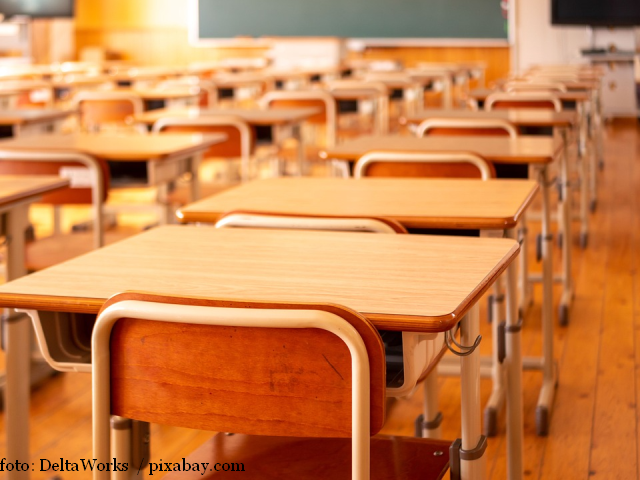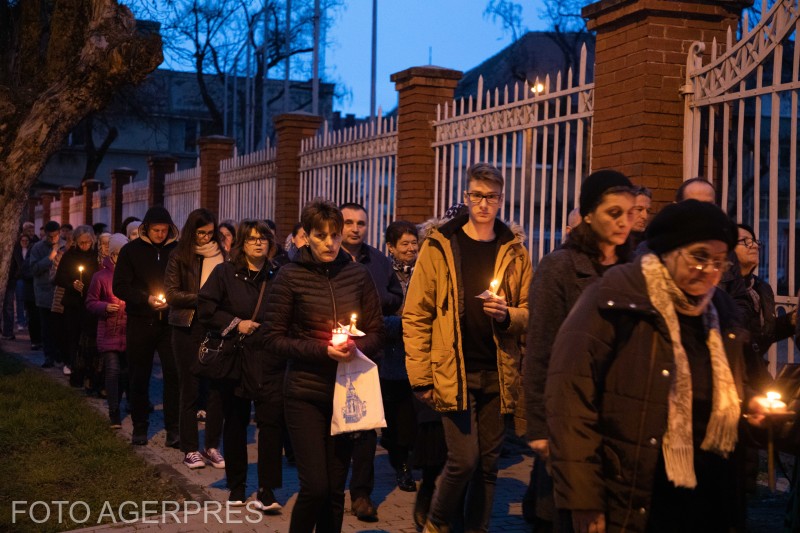Education bills trigger disagreement
The education bills are troubling the waters in Romania's ruling coalition

Ştefan Stoica, 02.02.2023, 14:00
In a country with alarming rates of functional illiteracy and
disquieting school drop-out figures, politicians agree that something needs to
be changed. The Social Democrats and the Liberals have made the education laws
a top priority, but heated debates are expected on the topic within the ruling
coalition.
The National Liberal Party and president Klaus Iohannis, a former
teacher himself, have put a lot of energy into these bills, which, they say,
will create the framework for making education more efficient, more accessible,
more flexible, more inclusive and better adjusted to market requirements.
The Liberals insist that certain provisions in the bills must remain as
worded in the draft tabled by the current education minister,
Ligia Deca. These include tripling the budget for scholarships and increasing
the number of beneficiaries, as well as turning the Hot Meal Programme into a
Healthy Meal Programme.
Other stipulations the Liberals feel strongly
about include certifications recognised or accepted in the labour market for
all specialities, including theoretical ones, a tax-free signing bonus,
amounting to 5 gross minimum national wages, paid to teachers at the start of a
minimum 5-year period of teaching in underprivileged areas, and expansion of work-based
learning to the higher education segment. Under the new bills, the Education
Ministry may also organise, jointly with the Foreign Ministry, Romanian schools
abroad. Finally, priority education zones are introduced, in order to narrow
access, participation and performance gaps for students facing social exclusion
risks.
The Liberals’ strong attachment to the education
bills has gone so far as to affect their political partnership with the Social
Democrats. The state secretary with the Education Ministry, Florin Lixandru, a
Social Democrat, said his powers were withdrawn under a minister order for what
he called a thought crime. He argues that the Education Laws are much too
important and they require thorough discussion, and that there is enough time
for analysis, given that the deadline for the education laws in the National
Recovery and Resilience Plan is in the 3rd quarter of this year.
According to Lixandru, the Social Democrats’
analysis on the bills submitted by the Education Ministry indicates that a
number of key elements, critical to the children’s future, need correcting.
Lixandru says that, with respect to high school admission, the Social
Democratic Party will not accept a procedure that drastically reduces
children’s access to high-quality education. In his opinion, the right of high schools to
organise their own admission exams is questionable at best, because it
increases the risk of unfair practices like corruption and private tutoring.
As for the baccalaureate, the Social Democratic
Party is reluctant to increasing the number of exams, as the bill stipulates. And
not least, an education law must include provisions concerning the Romanian
children in the diaspora, the Social Democrats argue. (AMP)






























